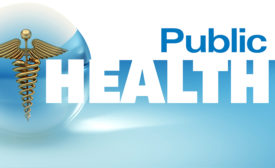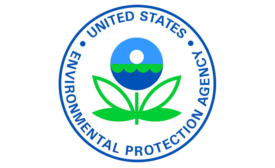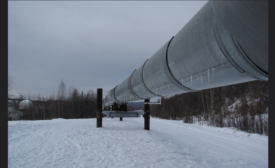Home » environment.
Articles Tagged with ''environment.''
The government has information about your drinking water. It isn’t always accurate.
Read More
EPA releases info on insecticides that may be harmful to bees
First-of-its-kind assessment delivers on President Obama’s National Pollinator Strategy
January 8, 2016
China shutters 17,000 firms for pollution offenses
28,600 ordered to halt operations
January 4, 2016
Become a Leader in Safety Culture
Build your knowledge with ISHN, covering key safety, health and industrial hygiene news, products, and trends.
JOIN TODAYCopyright ©2024. All Rights Reserved BNP Media.
Design, CMS, Hosting & Web Development :: ePublishing








